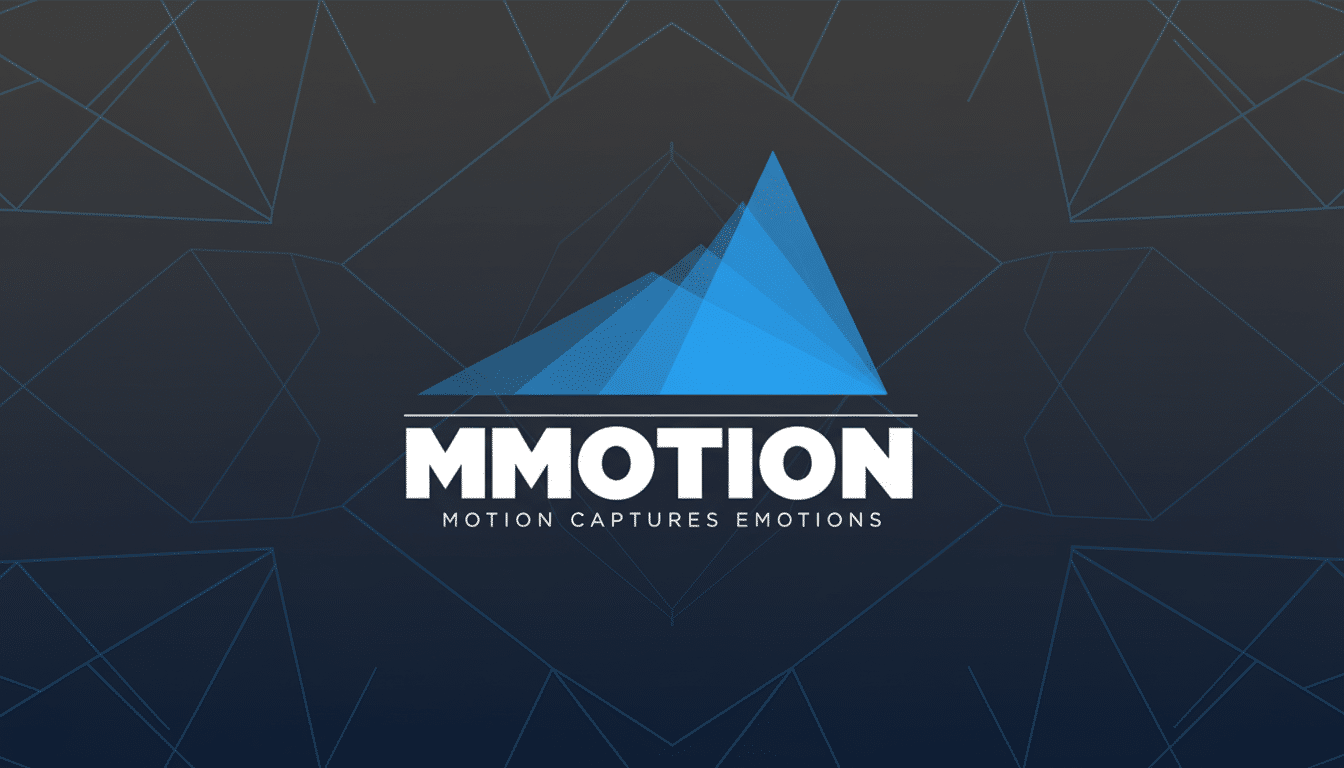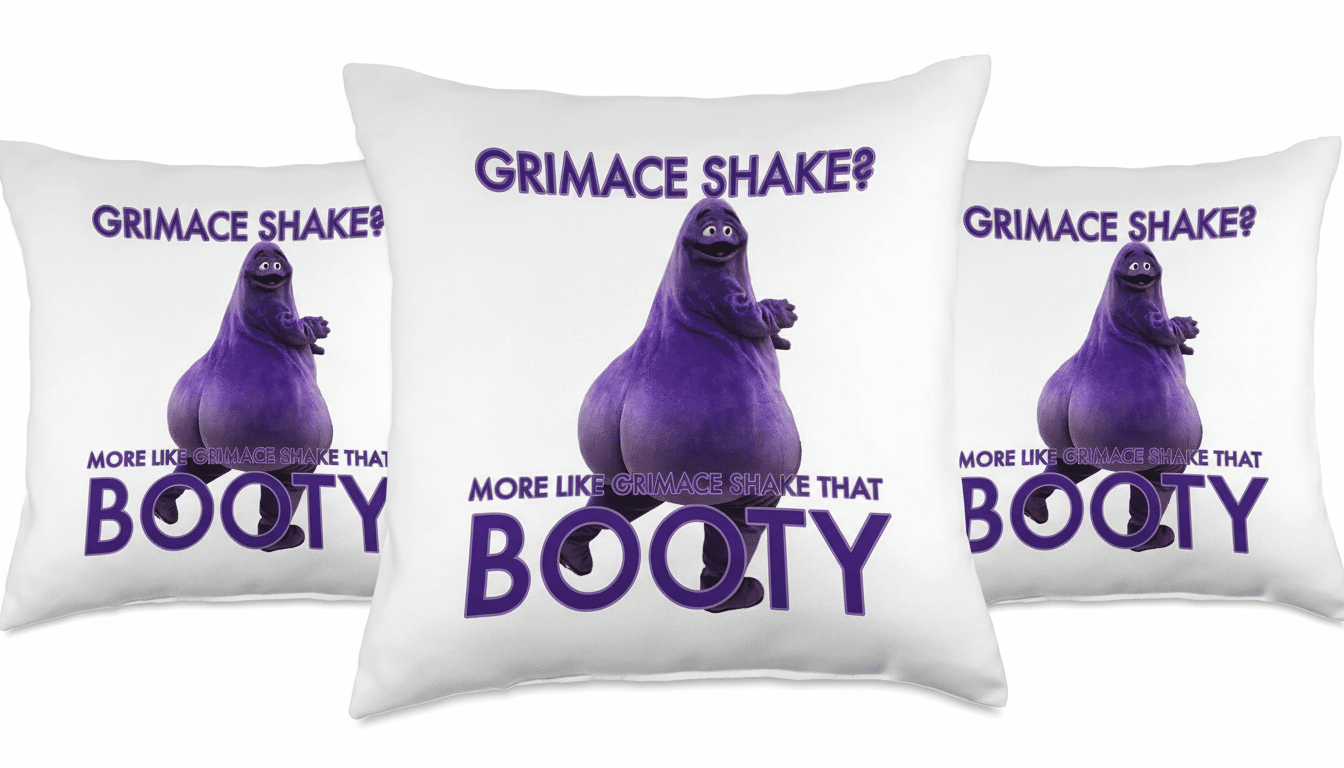New York Knicks guard Miles “Deuce” McBride is stepping off the court and into consumer tech with Mmotion, a location-sharing friendship app designed to make it easier for people to find their crowd IRL.
The beta is live in New York City and limited to 1,000 users, setting the product in direct competition with Snap Map while incorporating discovery and safety functions geared toward young urban denizens.

McBride came up with the idea after he moved to New York as a rookie and discovered that “where you are” often determines “who you meet.” He joined forces with startup vet Joe Einhorn to build a product that treats the city as a social graph—connecting people over interests, surfacing hangouts, and making it simple for users to turn proximity into plans.
Unlike dating-adjacent friend finders, Mmotion zeros in on the live map use case popularized by Snapchat and Apple’s Find My—then adds intent to it. Users input interests, join curated groups, and see nearby people and places that align with what they actually want to do.
What Mmotion does and how it enhances live maps
Mmotion blends geofencing with state tracking—like “at a game,” “at a cafe,” or “in transit”—to cut down on noise and surface relevant activity. The app constructs a private timeline of everywhere you’ve been, which serves as both its own little city log and as fodder for recommendations on what similar places you might want to try next.
Members apply for access, create a profile with interests, and join “Circles,” like hiking, pickup hoops, or gallery nights. You can view the nearby members in your Circles, add people as friends, and send messages within the app. To help keep their feeds focused, users are only allotted five Circles per city on the basic tier.
One simple example: If you’re in SoHo and belong to two Circles like “Indie Coffee” and “Basketball Fans,” Mmotion directs you to cafes that fit your taste and surfaces other nearby Knicks fans who have chosen to be visible, so casual meetups are a little less strange than those cold DMs.
How Mmotion builds privacy and safety into its design
Opt in to location at every step along the way. By default, users are incognito in “Vault Mode,” leaving you invisible until the moment you choose not to be. Location data is hidden behind encryption, and only the people you choose can see it when sharing—toggling neatly off if they want to go dark again.
Mmotion’s “Personas” feature allows you to establish as many as three groups of contacts, making it ideal for public figures or those who juggle several social circles. A public-facing Persona could display generic hangouts, while a private one might share specific spots like your house or preferred chill-out location only with close friends.
Of course, the usual safety features—blocking, reporting, and auditability of who can view what—are built in. The state-based approach also reduces the risk of hyper-precise trails, and it follows mobile best practices that other platforms have promoted since returning to more restrictive background location permissions over the past several OS releases.

Mmotion’s revenue model and the local business angle
A subscription fee will be charged monthly for Mmotion—“less than a cup of coffee,” says Einhorn—with premium options in the pipeline.
Ads will serve as a supplement to subscription revenue, and the team is working on an offering at the business tier that will provide anonymized analytics for venues, so they can better understand foot traffic and reach relevant groups of people.
The map features restaurants, bars, studios, and more, culled from sources including Google, OpenStreetMap, and Apple Maps. In the longer term, local businesses might subscribe in order to gain insight or offer targeted promotions around Circles without ever gaining access to personal user data.
A crowded but expansive category for real-time map apps
Mmotion lands in a market where real-time maps are so 2019. Snap has said that more than 300 million Snapchatters use Snap Map monthly, positioning it as one of the biggest live-location products. The family-tracking app Life360 reports in recent filings that it had more than 50 million monthly active users. (Instagram has a searchable map for discovery, while Apple’s Find My persists as a default for close-knit circles.)
Where Mmotion attempts to differentiate itself is in intent and control: interest-based Circles, Persona-driven sharing, a private location log that also works as a social memory. If the company can turn curiosity into daily use, it could help stake out middle ground somewhere between maps that are entertainment-first and logic-only trackers.
Founders, product-market fit, and the phased rollout plan
McBride is the one who brings in the lived problem—finding community in a sprawling city—and Einhorn provides his own company-building chops from earlier stints running social commerce platform Fancy and launching the luxury marketplace Long Story Short. It is a tried-and-true athlete–operator combination, and the product’s differentiation will be in execution and that day-one trust.
The beta is available on iOS and Android, with a cap of 1,000 people in New York City. After integrating feedback from testers, Mmotion aims for a larger rollout and additional city guides, building out Circles and honing recommendations as use increases.
“If Mmotion can safely mix safety and serendipity and local discovery without bombarding the user with too much, then it has a chance to make location sharing more than just a bullet point on a map, but something that could potentially lead to real friendships instead,” says McBride, who adds that’s exactly the path he wished existed when he first hit the city.

